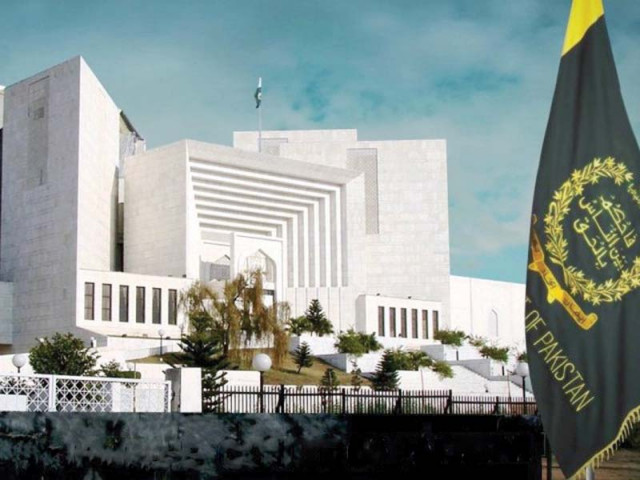On minority rights: Report evaluates govts’ compliance with SC’s verdict
States none of five govts set up any implementation body in this regard

PHOTO: EXPRESS
The judgment that was passed in 2014 has yet to be implemented. It was delivered in a case that was taken up by the Supreme Court after the bombing of All Saints Church in 2013 in Peshawar.
Since the judgment remains unimplemented, a report has been prepared by Centre for Social Justice Executive Director Peter Jacob.
The report titled ‘When Compliance Fails Justice’ states that the judgment had eight orders. However, as per the report, the federal government is the most defiant as it did not comply with two specific orders during all 10 hearings that were carried out until September 2016. The two orders directed constitution of a national council for minorities to protect their rights and development of curricula for schools and colleges to promote a culture of religious and social tolerance.
The next least compliant was the Punjab government followed by that of Khyber-Pakhtunkwa, Sindh and Balochistan. Although Balochistan is the least resourceful of all the provinces, its government has been evaluated to be the most accommodating when it comes to the rights of minorities. According to the report, the combined compliance rate of the federal and provincial governments did not go beyond 32%.
The low level of compliance is reflective of the hindrances in the path of implementation of human rights standards and of the lack of will among decision-makers.
Filling the gaps
The report stated that at one point the Supreme Court bench, conducting proceedings on compliance, called attendance of top bureaucracy of the provinces and attorney general of Pakistan which showed that the court felt the need to address the gaps in compliance by reaching a certain level of understanding.
However, even then the compliance reports reflect a passive response of the decision-makers regarding the implementation, said Jacob. He added only one meeting was held in this regard while none of the five governments set up any implementation bodies, neither were any deliberations carried out by the five cabinets.
“The courts dispense justice, but other institutions of the state become hurdle in its way,” Lahore Cathedral Dean Shahid P Mehraj said at the report launching ceremony. He added marriages of Christian couples cannot be registered with NADRA despite clear instructions of the Supreme Court.
Published in The Express Tribune, December 1st, 2016.



















COMMENTS
Comments are moderated and generally will be posted if they are on-topic and not abusive.
For more information, please see our Comments FAQ